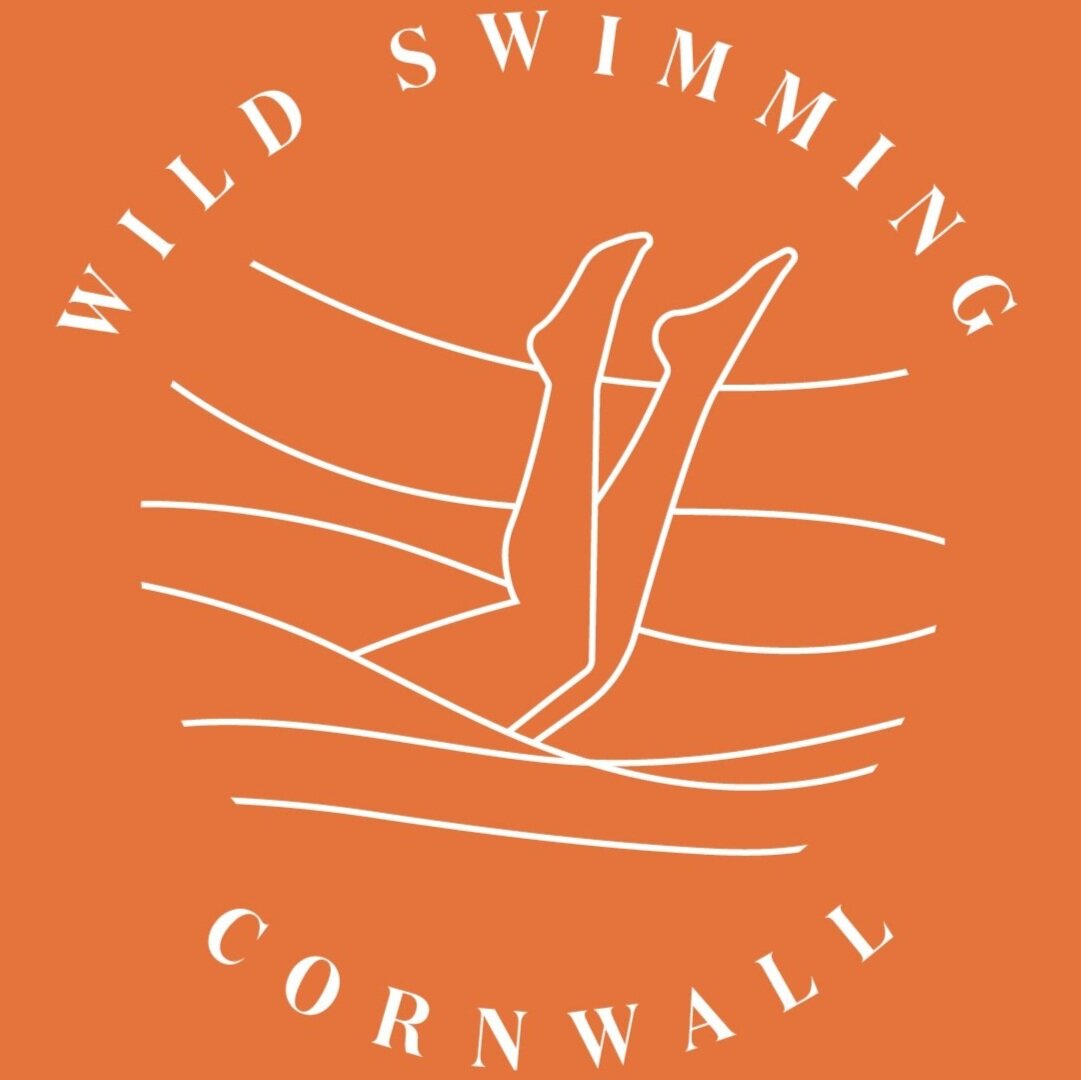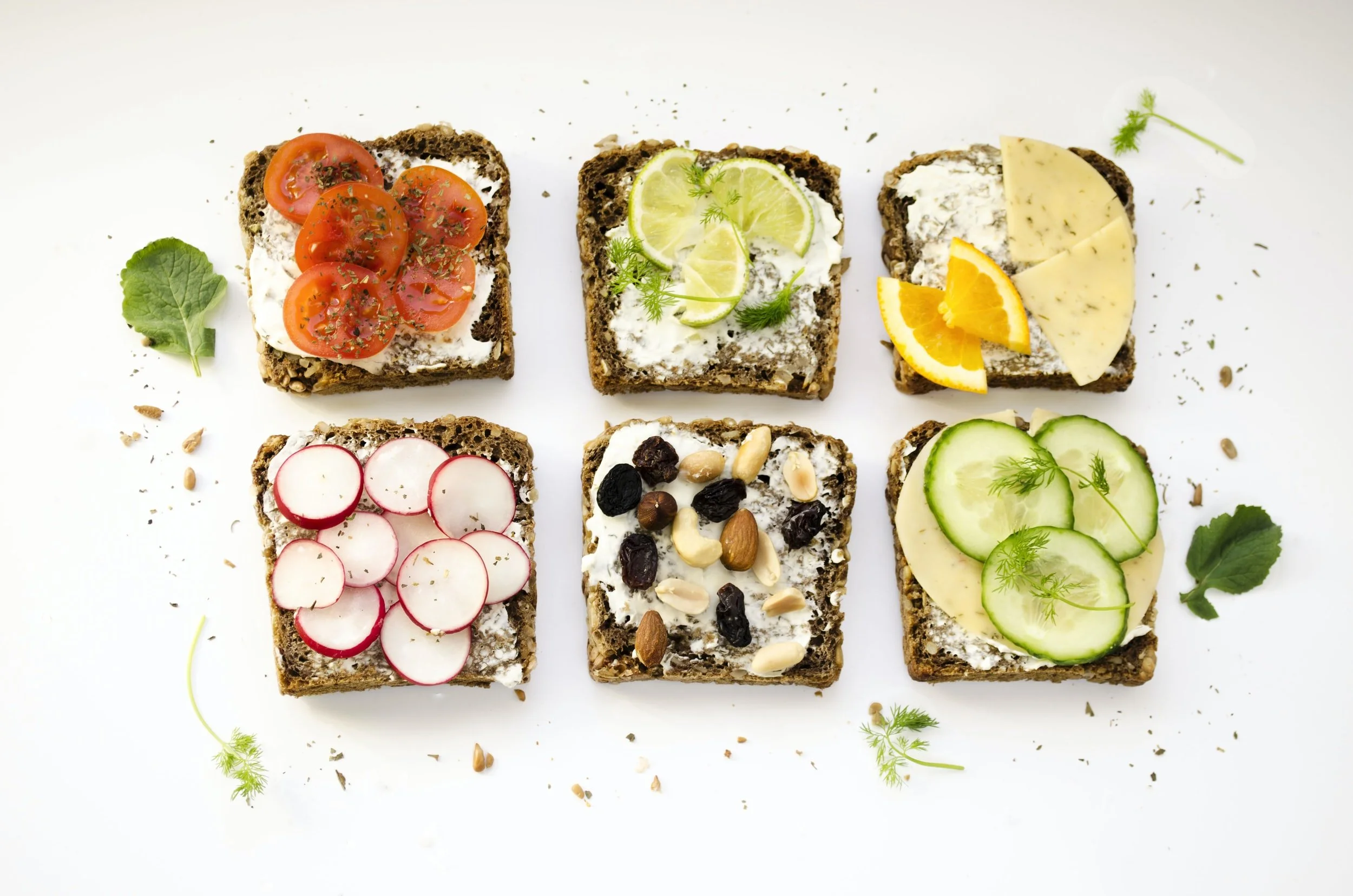Important post-swim macronutrients for cold water swimmers
We all hear about nutrition and how exercise and diet are necessities for living a healthy lifestyle, but how often do we hear about nutrition specifically for cold water swimming? Eating the correct food before and after a swim can have a huge impact on both performance and recovery – whether you’re a professional swimmer, or a more casual dipper. In this blog, we gain the expert opinion of Robbie Hudson, one of The Wild Swimming Brothers. Robbie has been cold water swimming with his brothers since childhood and they are well-seasoned in endurance swimming – including a nine day swim of the river Eden, and being the first to swim through Norwegian maelstroms. Today, Robbie shares what he’s learnt about how to fuel his body correctly with us, in order to best recover after a swim.
By Robbie Hudson, eldest of The Wild Swimming Brothers
We all love that post swim glow, when you stumble out of the water, freezing yet inexplicably warm, happy and content. However, we also know that warming up afterwards and recovering correctly is an equally important aspect of cold water swimming. The first step I would recommend to induce a speedy recovery is to get your core warm: dry off quickly and get your jumper and coat back on, plus something hot to protect your torso. Then don your hat to warm your head and drink something hot to warm up your insides.
But what should you eat afterwards? What does your body actually need post swim and why? In this article I hope to explain these points to help you maximise your recovery, health and fitness after every swim.
Jack, Calum and Robbie during the river Eden swim
Introducing: macronutrients
Macronutrients are the components of food. They consist of proteins, carbohydrates, fats (and technically, alcohol). These are essential for the human body to create energy, recover, maintain healthy hormonal balance and maintain all physiological structures and systems.
When it comes to macronutrients, there are a few important things to consider:
Protein is the most important macronutrient for muscle gain and retention
About 1g of protein per pound of body weight is best for most people
Healthy fats are needed for health and hormonal function
Carbohydrates are secondary to protein, but very important to fuelling and recovering hard workouts and swims
Higher volumes of carbohydrates should be eaten with higher workout volumes and daily activity levels
What do you need to recover after a swim?
When it comes to recovery, proteins and carbohydrates are the most important. Proteins are essential for repair and recovery, whilst carbohydrates are necessary for energy. After a wild swim we need both. By eating the correct combination of proteins and carbohydrates we can help our bodies to replenish glycogen stores (energy), to flush lactate (or lactic acid) and to repair tired muscles.
What you need to know about protein
Protein is an essential macronutrient and an important part of every cell in your body. It is used to repair and build tissue, bones, muscles, skin, blood and cartilage. It assists in the creation of enzymes, hormones and essential bodily chemicals.
The human body cannot store protein, which is why it must be replenished consistently. Carbohydrates on the other hand can be stored as fat. This happens if the total number of calories used is less than the total intake of calories.
3 foods high in protein
When it comes to post-swim meals, adding foods high in protein go a long way in aiding the recovery process. These three proteins also help to add other valuable vitamins and minerals to the body to help you stay strong and healthy.
Tofu – a protein packed food source, tofu is produced by curdling fresh soya milk, pressing it into a solid block and then cooling it. It contains all nine essential amino acids and is a valuable source of minerals such as manganese, selenium and phosphorous. Tofu is also a good source of iron, magnesium, copper, zinc and vitamin B1.
Pumpkin Seeds – these small seeds contain protein, iron, zinc, copper, magnesium and manganese. They contain twice as much protein per 1-oz serving as carbohydrates. Manganese is an important element in the production of collagen, vital for healthy skin and bone. Magnesium enhances sleep, muscle recovery and mood. Copper and iron assist with energy production, whilst the latter also helps to transport oxygen to cells.
Eggs – one of the most powerful sources of protein available, eggs contain a number of disease-fighting nutrients like lutein and zeaxanthin. Increasing these nutrients in your diet can help to alleviate the risk of age-related macular degeneration, the leading cause of blindness in older adults.
Tofu, eggs and seeds are an excellent source of protein
What you need to know about carbohydrates
Carbohydrates are essential to help our bodies replenish energy levels after swimming. Consisting of sugars and starch, they are absorbed by the stomach and small intestines after being broken down into glucose. This process occurs in the stomach with the aid of acids and enzymes. From here, they are released into the bloodstream where the glucose can be used immediately for energy or stored in our bodies at fat, to be used later.
Whilst all carbohydrates are essential for energy production, it is important to be able to distinguish between the two types: simple and complex carbohydrates.
Complex Carbohydrates will supply you with a gradual supply of energy over a longer period of time. The body breaks down the food and transforms it into energy for your muscles and bodily systems slowly.
Simple Carbohydrates are easy to digest and provide an instantaneous spike of energy. This can often cause a slump and drop in energy levels after the initial high.
The rate at which foods cause an increase in blood glucose levels is called the Glycemic Index (GI). Foods low on the glycemic index scale tend to release glucose slowly and steadily, whilst foods high on the glycemic index release glucose rapidly. Foods high on the GI scale help with energy recovery after exercise, to offset insufficient levels of glucose. However, a combination of both low and high GI foods offer the best way to recover.
Eating the correct foods help us to stay strong and recover faster
3 useful complex carbohydrates
Legumes – including beans, peas and lentils, legumes are a healthy source of carbohydrate, protein, potassium, folic acid and fibre. As well as helping to boost energy levels, their high protein content makes them the perfect food post-swim. They are naturally gluten free and have an extremely low GI, making them suitable for a diabetic diet.
Sweet potatoes – are an excellent source of energy for many reasons. They’re highly nutritious, including plenty of potassium and other minerals. They’re also high in fibre and promote gut health, support your immune system and support healthy vision.
Oats – a bowl of oats with fruit is a great start to any day, especially if you have a hike, climb, bike ride, race or workout ahead of you. As well as being a complex carbohydrate, they contain high amounts of protein, help to lower blood sugar levels and provide antioxidants. Plus, they promote healthy bacteria in your gut, ease constipation and lower your chance of colon cancer.
3 useful simple carbohydrates
White rice – both white and brown rice contain mainly carbohydrate and some protein, with almost no fat or sugar. Whilst brown rice is known as the healthier option, white rice is great for replenishing energy levels quickly after exercise.
Vegan dark chocolate – a great source of both caffeine and carbohydrate, this is ideal for a quick energy boost after a swim. This food is a powerhouse for minerals, including copper, manganese, magnesium, plant-based iron, zinc, selenium and potassium.
Bananas – not only do bananas contain simple carbohydrates, but also plenty of potassium. This helps to support muscle function and healthy blood pressure levels.
Oats and fruit are a great post-swim snack
I hope these tips can help you stay healthy, happy and well fuelled after every swim. For the ultimate recovery, prepare for your swims beforehand, taking food with you or having it ready to eat as soon as you arrive home. Have fun in the water!
And to finish, a quote from Roger Deakin:
“I can dive in with a long face, and what feels like a terminal case of depression, and come out a whistling idiot. There is a feeling of absolute freedom and wildness that comes with the sheer liberation of nakedness as well as weightlessness in natural water, and it leads to a deep bond with the bathing-place.”
If you enjoyed this blog, why not sign up to our newsletter?
And if you know someone else who would enjoy it, please share it with them via email or social media.






